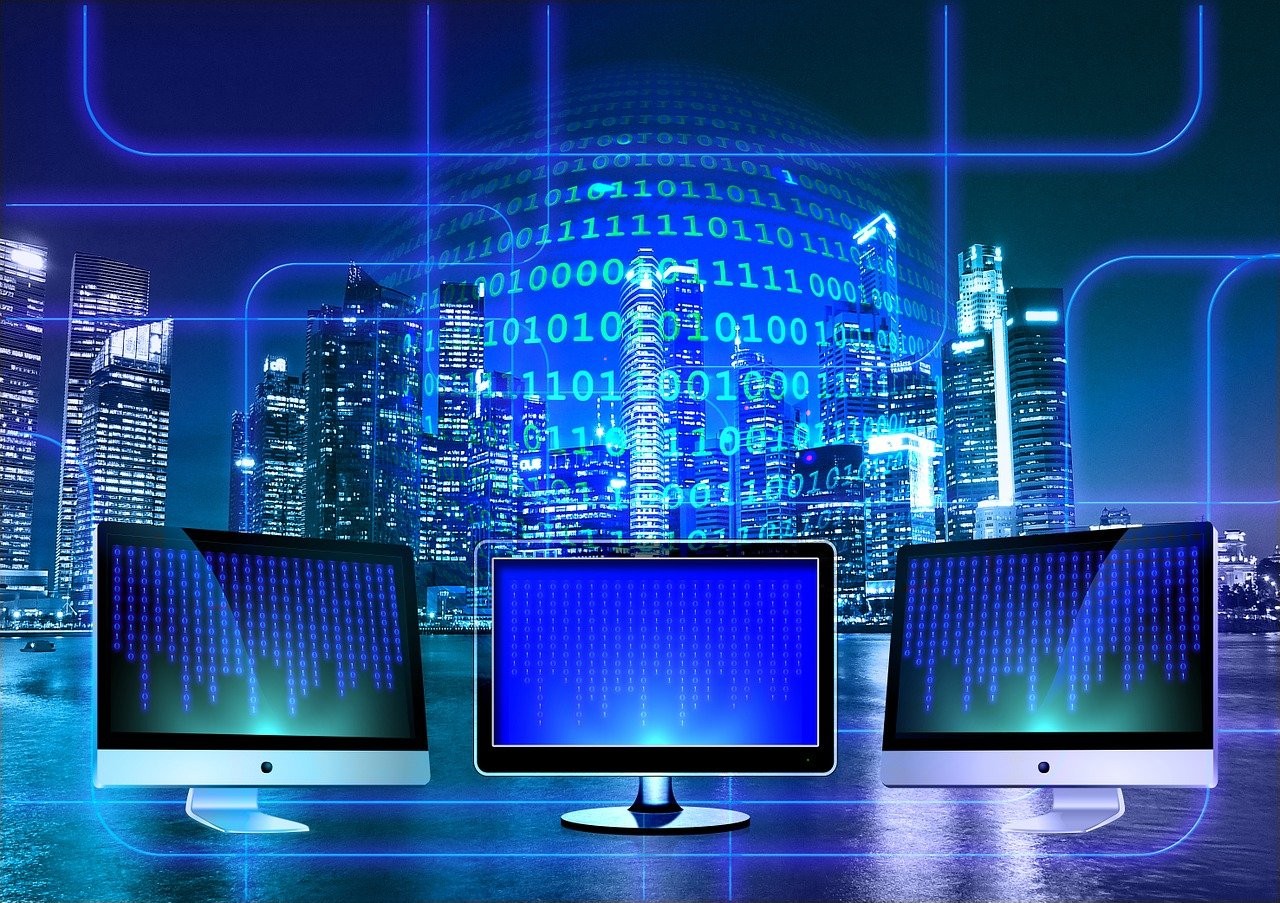
Avoiding AI detection has become a challenge for most because artificial intelligence has continued to evolve and learn new ways to detect deepfake technology. For those who are not aware AI detection is something that is occurring quite frequently online.
The extent in which AI technology has started to trick the masses is through a variety of media forms including AI manipulated text, AI manipulated video, and AI manipulated photos that are often utilized in misinformation campaigns across all forms of media. It is not easy for AI deception to be noticed by the average human being and that is where AI detectors have come into play to help us see what content has been created by or edited by some form of AI.
Since AI deception takes on many forms including deep fake videos it is really hard for us to determine which voice and video content are truly that of our human friends or those we’ve typically seen online. Artificial intelligence technology has advanced so far that it can mimic your favorite newscaster influencer and average person in just a matter of minutes.
We have already started to see people have their voice copied into video formats so that people think that person is sharing what the video or voice memo depicts. This has started to cause issues with the reputation of some high quality people that used to share information that we could trust.
The rapid evolution of AI models that use machine learning natural language processing like ChatGPT, Gemini, and other generative AI programs online have caused major concerns across the industry of those using AI to battle the deception that is occurring across the board online.
The biggest battle against AI deception today has more to do with deep fake technology that has often been implemented in politics. We are starting to see deep fake technology sway public opinion disrupt elections and fuel misinformation campaigns that are not 100% based in truth.
With AI deception running the world of the Internet it’s no wonder more and more of us are becoming confused and uncertain how to proceed with detecting such technology or deepfake content. On one hand we know that AI detectors exist but they are not 100% accurate in depicting the content that is made by AI. This technology needs to evolve a lot more before it can be 100% accurate in evaluating video text and audio to inform us of whether or not it is a piece of deep fake technology.
We do know that as of today AI detection tools are the best option in the battle against AI deception but as AI technology advances even more day-to-day quicker than the human mind can evolve we are constantly on the battleground of trying to make a detection software that can keep up with the deep fake technology.
We do have plenty of tools and plenty of developers who want to be a part of the battle against AI deception and are keeping track of how detection technology is evolving to help us have a safer more informative and truthful media online. The first step of this process would be to determine what really is true and what is false in a world where so many people are changing their minds based on the current trend in society.
Perhaps the first step in the battle against AI deception is to get back to a place where society can determine what our ethics and moral standards are and then uphold this detection technology to the same standards. We have already started to see much success with AI detection models informing us of what content is AI generated with labels on social media.
These AI created labels are often found on social media letting us know if a piece of content was created at some level using artificial intelligence. However at this time the labels are often user generated meaning that the user can opt to not have that label disclose the AI was used if they so choose. This is why it is ever more important than ever to use detection technology in the battle of AI deception for not every human being will disclose that they are using AI technology within their campaigns.
At the end of the day the battle against AI deception is more about educating the average person about how advanced AI has become so that they can learn to protect themselves online. These various campaigns or marketing efforts that utilize AI technology may not be ill intended, perhaps they are simply trying to persuade someone to be on their side of a topic, or perhaps they simply want to sell more of their products. Regardless of intent, we do need to be aware that deepfake technology exists and that it’s not easily detected by the average person.






